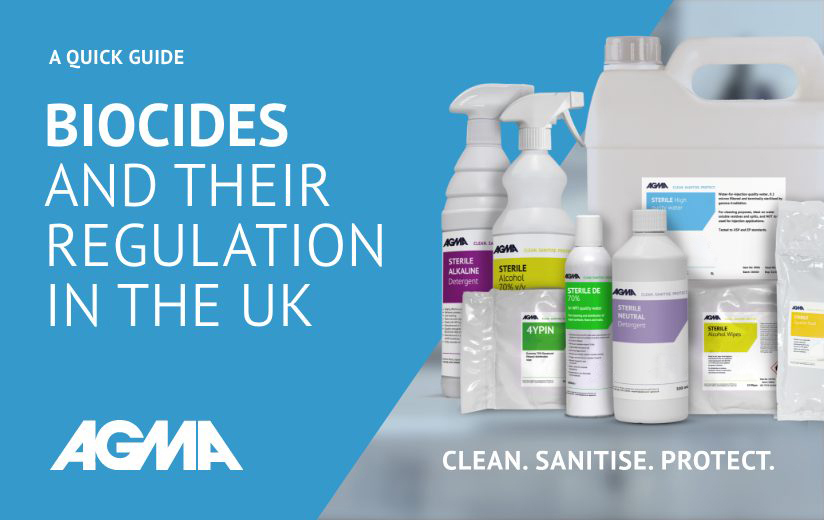In the battle against pathogens and other harmful organisms, biocides are frontline defenders.
Biocides play a vital role in the high level of protection for human health, animal health and the environment.
With the stakes so high, it’s vital that biocides are used safely, and only right that they are heavily regulated. Regulations set standards for biocide efficacy, safety, labelling, and usage. Biocidal claims must be backed up with their proven efficacy according to standardised ISO test methods. The authorisation processes are lengthy and complex.
Great Britain BPR (GB BPR)
Following Brexit, Great Britain BPR refers to the Biocidal Products Regulation as it applies specifically to Great Britain (England, Scotland, and Wales). Largely based on the EU BPR, GP BPR has been adapted for the Great Britain context.
EU BPR stands for the European Union Biocidal Products Regulation. This regulation, formally known as Regulation (EU) No 528/2012, governs the placing on the market and use of biocidal products in the EU.
What do regulators count as a biocidal product?
‘Biocidal products’ are defined by the GB Biocidal Products Regulation (GB BPR) as:
“Any substance or mixture supplied to the user… with the intention of destroying, deterring, rendering harmless or otherwise exerting a controlling effect on, any harmful organism by any means other than mere physical or mechanical action…”
Biocides can operate through different and sometimes very complex chemical and biological processes. Biocides often work by chemically interfering with the metabolism, growth, or reproduction of the target organism. Others utilise living organisms, or more indirectly through the byproducts like enzymes or toxins they produce, to control harmful organisms through biological means.
BPR Guideline summary:
- Product authorisation: Products need to undergo a rigorous authorisation process before they can be placed on the market, including evaluating the product efficacy and safety according to specified standards.
- Active substances approval: Before a biocidal product can be authorised, its active substances must be approved at the GB level.
- Product types: Biocidal products are classified into different types (e.g. disinfectants) based on their intended use.
- Data requirements: Manufacturers need to provide comprehensive data on the efficacy, safety, and environmental impact of the product.
- Risk assessment: Risk assessments are conducted to evaluate the potential risks associated with the use of biocidal products to human health, animal health, and the environment.
- Labelling and packaging: Products must be labelled and packaged in accordance with strictest guidelines to ensure clear information on their proper use, potential hazards and safe handling practices.
- Marketing and distribution: Only authorised biocidal products can be marketed, sold, and distributed in GB.
- Monitoring and enforcement: Regulatory authorities monitor the market to ensure compliance and non-compliant products removed from the market and penalties imposed.
- Review and renewal: Authorisations for biocidal products are reviewed and renewed to ensure ongoing compliance.
- International cooperation: GB may collaborate with international regulatory agencies and organisations on information, standards and promote global cooperation in biocide regulation.
Conclusion
The GB BPR aims to maintain high standards for the regulation of biocidal products in Great Britain, ensuring continuity and safety post-Brexit while adapting to the new legal framework.
It is essential for companies operating in the biocides market in Great Britain to understand and comply with these regulations to ensure their products can be legally marketed and used.
Explore BPR-compliant biocidal disinfectants
| IPA 70% in WFI 5L Bottle | Sterile IPA 70% in WFI 900ML Trigger Spray |
| Sterile IPA 70% in WFI High Quality Wipes 68 GSM | Sterile IPA 70% in WFI 2 x 5L |


